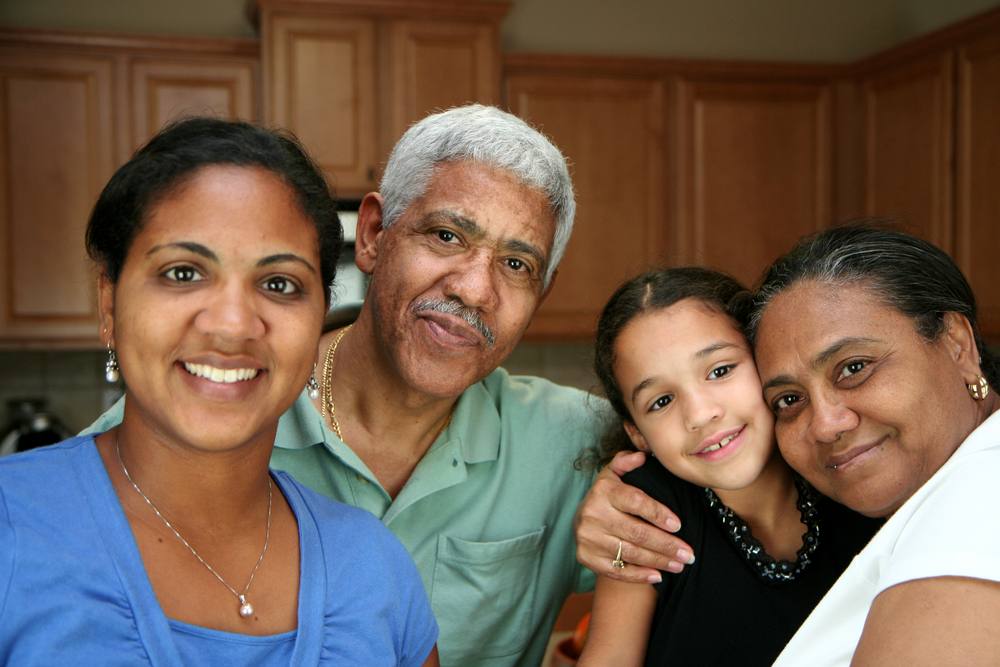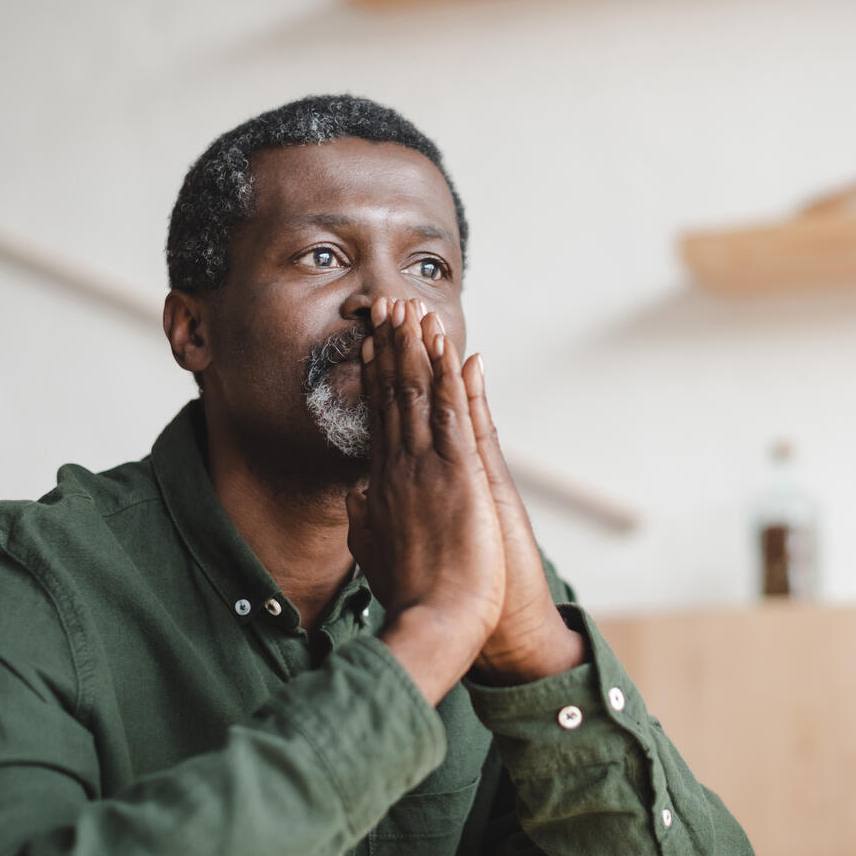
ROCHESTER, Minn. — Of the 106,000 people in the U.S. who are awaiting a lifesaving organ transplant, roughly 60% are minorities.
As part of National Minority Donor Awareness Month, Mayo Clinic experts provide three reasons why getting more people from diverse backgrounds to be organ donors is vital to help save lives:
1. Some racial and ethnic populations are more likely to need a transplant.
African Americans, Latinos, Asian Americans and Native Americans have an increased risk for kidney disease. African Americans are nearly four times more likely to have kidney failure, compared to white people, according to the National Kidney Foundation. Higher rates of heart disease, high blood pressure and diabetes in communities of color also can lead to organ failure.
2. The need for transplants far outweighs the number of willing donors.
The number of people awaiting a lifesaving transplant far exceeds willing donors in the U.S. That is true for people of all backgrounds.
Every day, an estimated 17 people in the U.S. die while awaiting an organ transplant, according to organdonor.gov. While people of color make up most of the people awaiting an organ transplant in the U.S., only about 30% of donors come from communities of color.
"Improving organ donation among minorities requires improving their access to health care and health care education," says Tambi Jarmi, M.D., a Mayo Clinic nephrologist.
3. More diversity among organ donors benefits everyone.
While organs are not matched based on race and ethnicity, people will generally have a better chance of matching with someone from a similar racial or ethnic background. The reason is that compatible blood types and tissue markers used for making a match are more likely to be found among members of the same ethnic group, according to LifeSource. As a result, people of color may end up waiting longer for a transplant.
"Increasing the diversity of organ donors will help improve access to transplant for people of color," says Ty Diwan, M.D., a Mayo Clinic transplant surgeon. "One simple step people can take is to register to be an organ donor."
To register to be an organ donor, go to the Donate Life America website.
Experts available
These Mayo Clinic transplant experts can discuss the importance of expanding the diversity of organ donors:
- Ty Diwan, M.D., a transplant surgeon based at Mayo Clinic in Rochester.
- Tambi Jarmi, M.D., a nephrologist based at Mayo Clinic in Florida.
- Amit Mathur, M.D., a transplant and hepato-pancreato-biliary surgeon based at Mayo Clinic in Arizona.
###
About Mayo Clinic
Mayo Clinic is a nonprofit organization committed to innovation in clinical practice, education and research, and providing compassion, expertise and answers to everyone who needs healing. Visit the Mayo Clinic News Network for additional Mayo Clinic news. For information on COVID-19, including Mayo Clinic's Coronavirus Map tracking tool, which has 14-day forecasting on COVID-19 trends, visit the Mayo Clinic COVID-19 Resource Center.
Media contact:
- Heather Carlson Kehren, Mayo Clinic Public Affairs, newsbureau@mayo.edu







